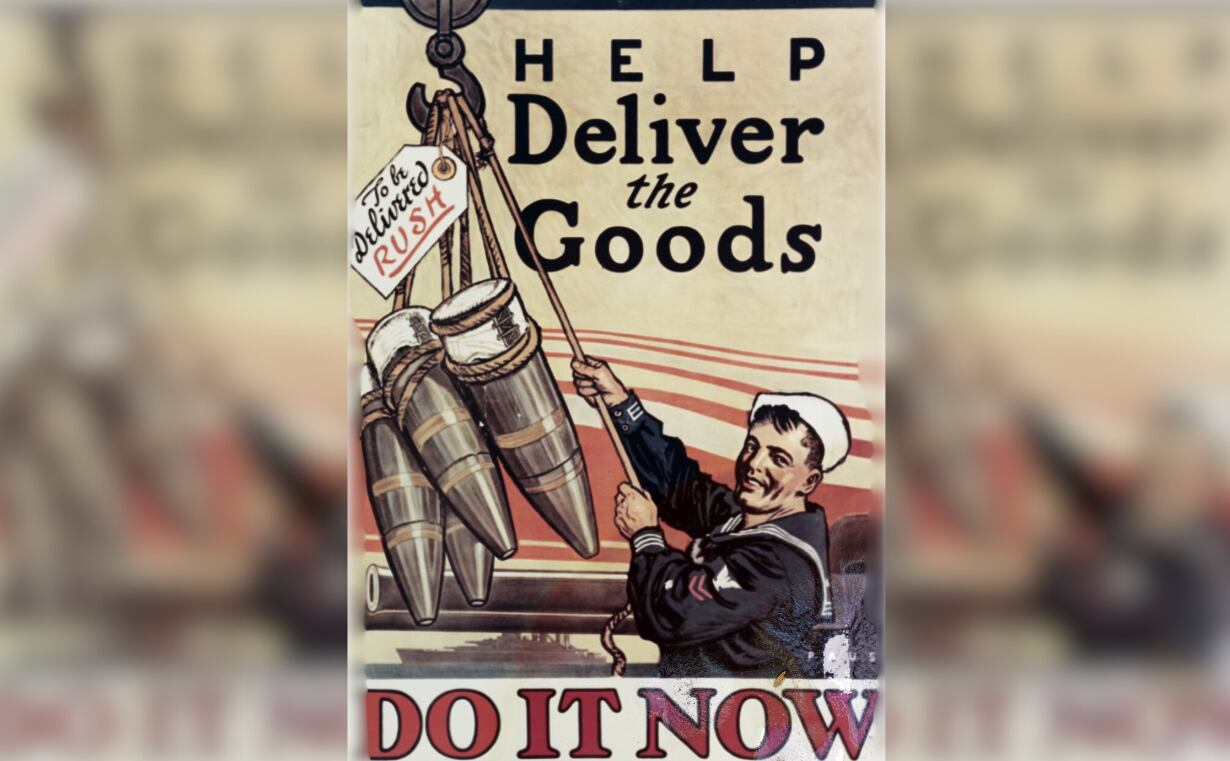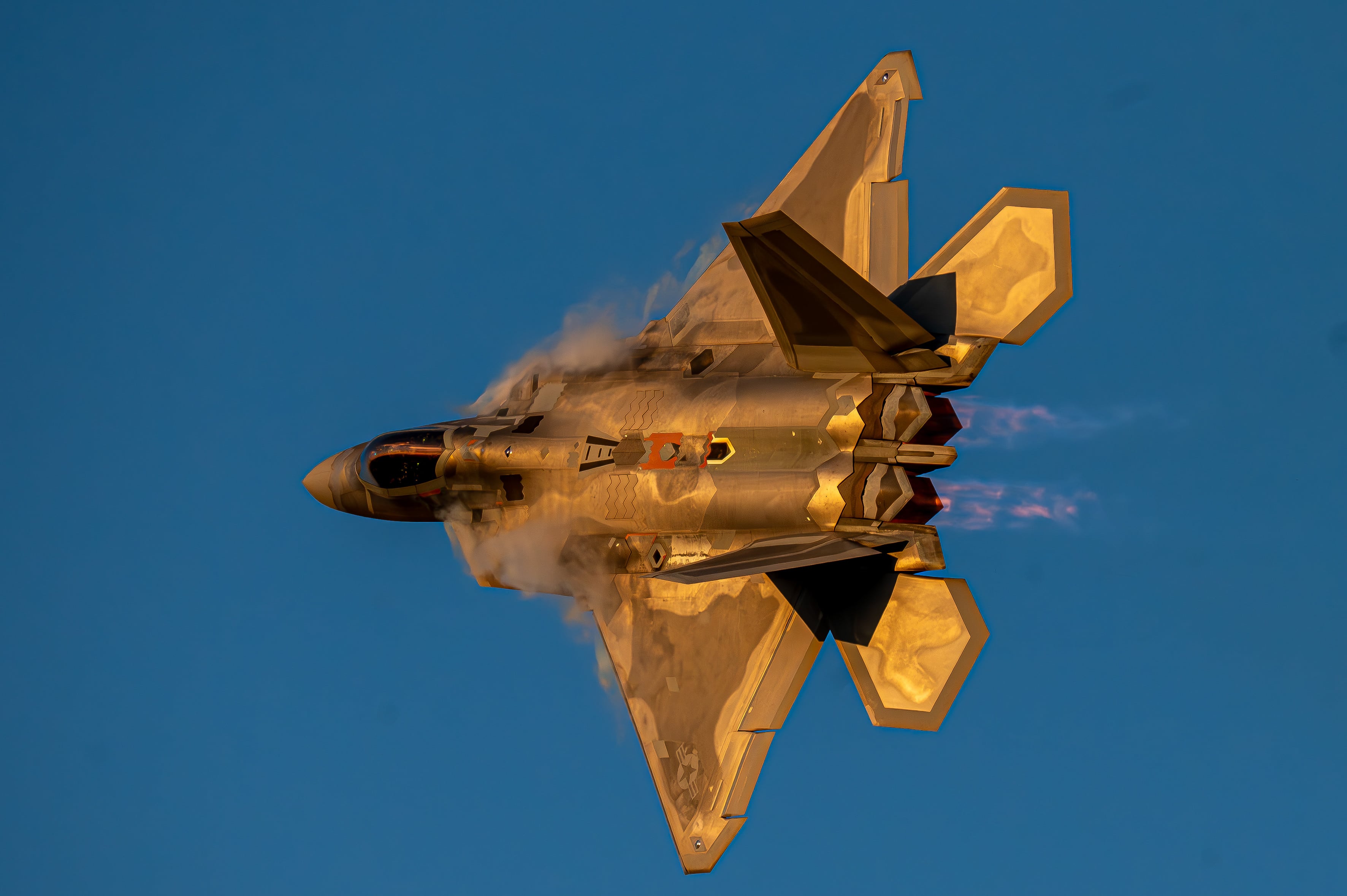There is perhaps no greater culinary creation than a greasy, crispy slice of bacon — except maybe when using this glorious-albeit-disgusting cured pig byproduct in something else delicious, like a cheesy bowl of spaghetti with eggs.
The dish may sound rather luxurious, buts its origin story traces its roots to something more of a garbage meal used to feed hungry soldiers during World War II.
Carbonara, as it’s known today, is a pasta dish including eggs, pecorino cheese, black pepper, and guanciale — an Italian cured meat product akin to bacon. The noodle of choice varies, but typically stringy varieties like spaghetti, tagliatelle, linguine or bucatini are used.
It’s not certain exactly when Carbonara came to be, but according to Italian pasta archives — yes, these are real, hallowed texts — no official mention was made until the 1950s.
However, according to an Italian newspaper called “La Stampa,” the dish made its first appearance in 1944.
A translation reads: “The initial ingredients, brought by the United States troops, were sure: eggs and bacon. And obviously the pasta, because the raw material is American, but the genius is Italian.”
Rumor has it that when Allied troops moved through Rome, Carbonara was born.
An author and gastronomist named Marco Guarnaschelli Gotti surmised that “when Rome was liberated, food shortages were extreme, and one of the few resources were military rations, distributed by allied troops; these included eggs (powdered) and bacon (smoked bacon), which some unknown genius would have had the idea of mixing while seasoning the pasta.”
Popular theories suggest that a Bolognese chef named Renato Gualandi, who, according to some accounts was serving in the Italian Army at the time, was responsible for the dish’s origin. Gualandi was reportedly commissioned by U.S. and British troops to cook for them during the liberation of Rome.
“The recipe was born in Rome, almost by chance, again in 1944, when Gualandi was a fellow soldier and found himself having to fulfill the request of two generals, an American and an Englishman, who wanted to eat,” Italian magazine Gambero Rosso recounts.
In his memoir, Gualandi said the dish was developed to cook for mass amounts of soldiers using what was available in ration form.
According to one translation, Gualandi wrote, “The Americans had fantastic bacon, delicious milk cream, cheese, and egg red [dried?] powder. I put it all together and served this pasta to the generals and officers for dinner. At the last moment, I decided to put black pepper which gave off an excellent flavor.”
None of this, unfortunately, can be corroborated with any certainty. The New York Times did note that one food journalist wrote an account of the delicious “Pasta alla Carbonara” in 1954 in the Roman neighborhood of Trastevere.
However it was invented, Carbonara certainly blows most modern-day DFAC food out of the water.
Sarah Sicard is a Senior Editor with Military Times. She previously served as the Digitial Editor of Military Times and the Army Times Editor. Other work can be found at National Defense Magazine, Task & Purpose, and Defense News.
In Other News














